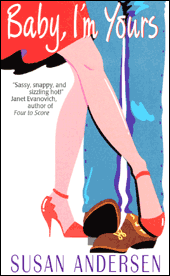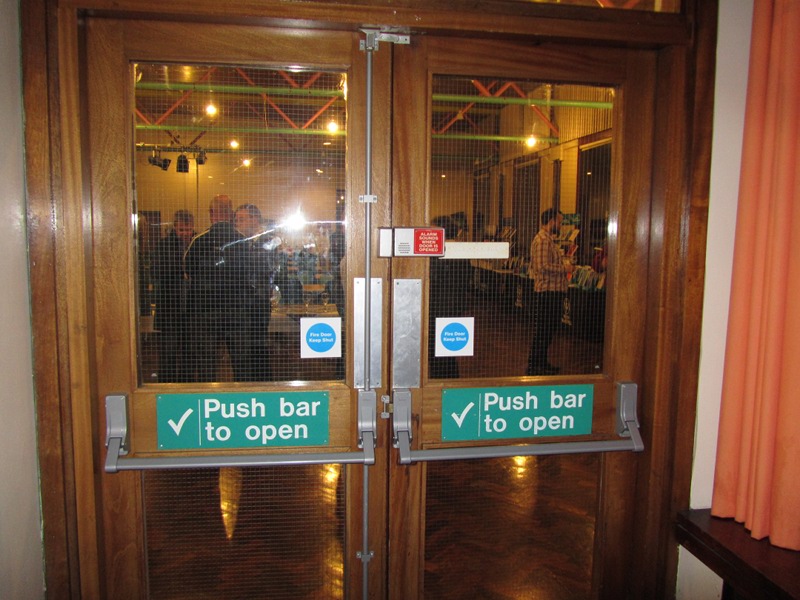What it says on the license plates of cars registered in the Canadian prairie province of Saskatchewan is more or less indistinguishable from many other provincial or state slogans: Land of the Living Skies. The point here seems to be to give you a succinct summary of the geography of the place so that you have some idea of where you are if you find yourself on an ill-advised cross-country road trip involving too much drinking in the off-driving hours. Hence, you get the rather obvious Grand Canyon State (Arizona), The Ocean State (Rhode Island), The Green Mountain State (Vermont) and Explore Canada's Arctic (Northwest Territories). At least Saskatchewan adds a small pinch of poetry.
Enigma is clearly under-valued in these slogans, with the exception of Quebec's Je Me Souviens ("I remember"), whose meaning is elusive to outsiders or residents with shallow historical roots in the province. Though I lived there from 1971 to 1984, I never did figure out what it's supposed to mean, though I suspect that it means something like I remember how to order hamburgers and fries in French, or I remember when the Habs were the greatest hockey team on the planet. Or perhaps it's shorthand for something slightly more sinister, as in I remember how the English bastards smashed us in battle and oppressed us economically, and I promise to counter their linguistic imperialism using all means necessary, including enforcing legal requirements that English appear on Montreal restaurant menus only in microscopic font guaranteed to make anglo eyeballs bug out. Or something to that effect.
But Saskatchewan's unofficial motto, which you'll see imprinted on T-shirts or tourism signs is: Hard to spell. Easy to draw. This is often accompanied by the following image, registered as a trademark by the Government of Saskatchewan:

Read the rest of this entry »


 Whenever I visit England, I'm struck by the fact that escalators, moving walkways, and other public conveyances commonly have signs requiring users to carry dogs. I also always remember
Whenever I visit England, I'm struck by the fact that escalators, moving walkways, and other public conveyances commonly have signs requiring users to carry dogs. I also always remember 

